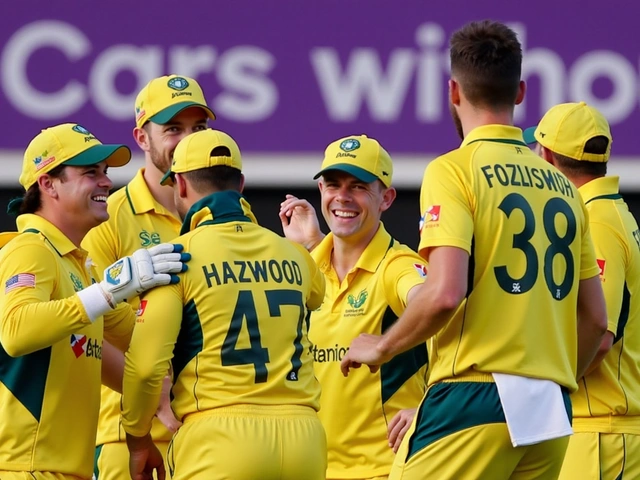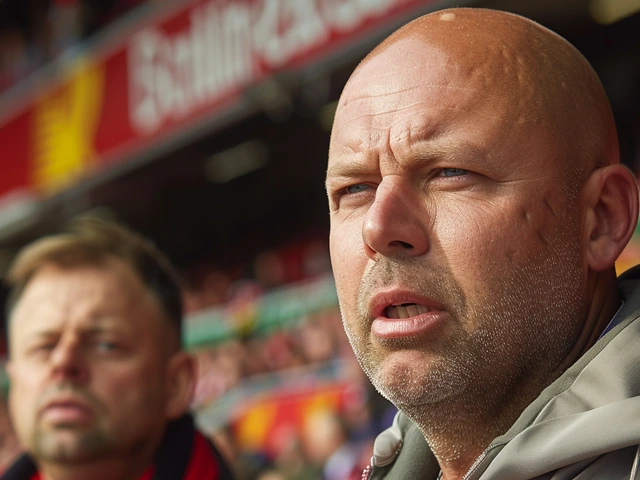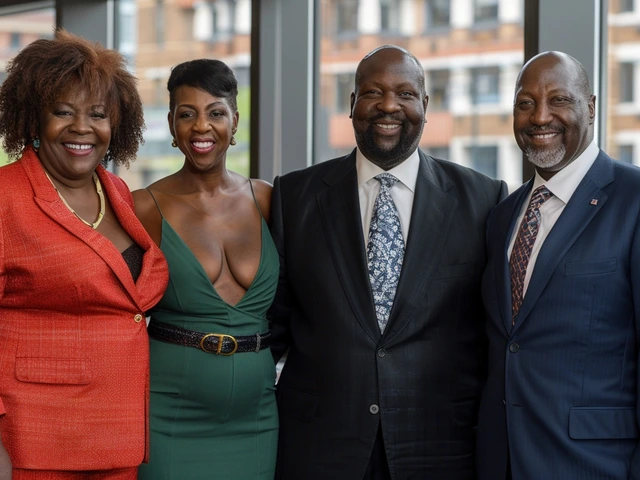
The Troubling Sale of Conor Gallagher: A Reflection of Chelsea's Current Leadership
The English football scene is currently abuzz with reactions following Chelsea's decision to sell academy graduate Conor Gallagher to Atletico Madrid. This move has sparked widespread criticism, pointing fingers squarely at the leadership duo of Todd Boehly and Clearlake Capital, who have been at the helm for a little over two years. Gallagher, who has risen through the ranks to become a key player and fan favorite, now finds himself on the peripheries owing to what many believe to be poor judgment calls by Chelsea’s management.
Conor Gallagher, a 24-year-old midfielder, had an impressive previous season under the guidance of Mauricio Pochettino. His contributions to the team were significant, and he even had the honor of serving as the team's stand-in captain on several occasions. His leadership on the field and his dedication off it were evident to anyone who followed Chelsea last season. Fans had pinned their hopes on Gallagher being a cornerstone in the team's quest for domestic and European glory.
Despite his evident importance to the squad, the decision-makers at Chelsea deemed it necessary to transfer Gallagher. The rationale behind this risky move hinges on the club's need to comply with the Premier League's Profitability and Sustainability Rules (PSR). Over the last two years, Chelsea, under Boehly and Clearlake’s stewardship, has spent over £1 billion on transfers. This lavish spending spree, however, now necessitates certain cutbacks and adjustments to balance the books.
Financial Pressures and Their Consequences
While financial sustainability is a crucial aspect of any football club's long-term strategy, the sale of a homegrown star like Conor Gallagher to achieve this has raised more questions than it has provided answers. Gallagher has been with Chelsea since he was eight years old, developing his skills and showing unwavering loyalty to the club. His departure now, at a time when he was seen as a player with long-term potential, feels like a betrayal to many supporters. The backlash from fans has been intense and is indicative of the growing discontent regarding the current management's policies and decisions.
Moreover, the sale to Atletico Madrid, a club that is seen as a rival in European competitions, only adds salt to the wound. It’s not just about financial figures; it’s about losing a player who embodied the spirit and future potential of Chelsea. Many fans and analysts are quick to point out that while balancing books is essential, selling off crucial young talent doesn't seem to be the apt solution.
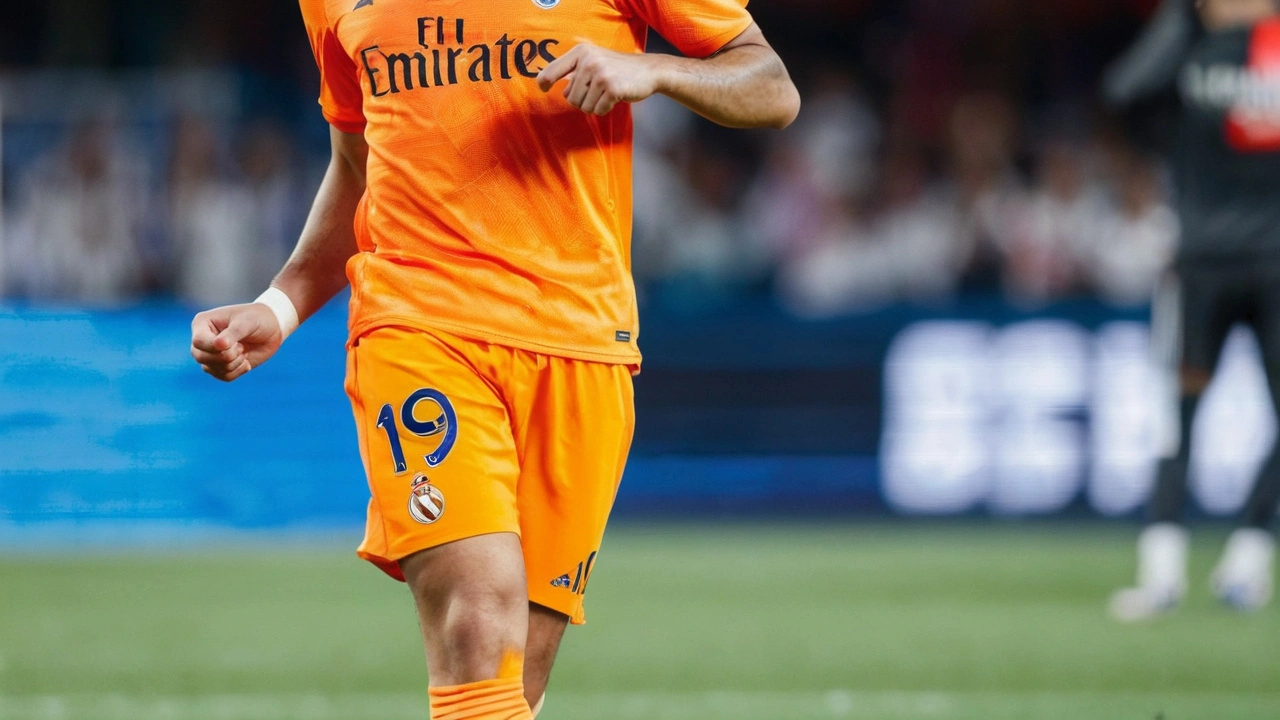
Fan Reactions and the Broader Implications for Chelsea
The reaction from fans has been visceral and unified. Social media platforms are awash with messages of anger and disappointment. Criticisms of Todd Boehly's decision-making prowess have been sharp and unyielding. Many see this move as reflective of a larger issue within the club's current administration. With countless questionable transfer decisions over the past two years, there are deepening concerns about the direction Chelsea is headed.
For many supporters, Conor Gallagher was more than just another player. He represented the promise of Chelsea's renowned academy and the club's commitment to nurturing young talent. Selling him now, at the peak of his emerging career, suggests to many that the club's priorities may be misaligned. The message it sends to other academy players and potential future stars is equally troubling. If someone of Gallagher’s stature and talent can be deemed expendable, what message does that send to young hopefuls working their way through the ranks?
Analyzing Boehly-Clearlake's Stewardship
When Todd Boehly and Clearlake Capital took over Chelsea, there was a wave of optimism. Fans hoped that fresh leadership would usher in a new era of success and stability. However, the last two years have been anything but stable. The club's transfer strategies have been erratic, characterized by high spending without matching on-field success. The decision to part ways with Conor Gallagher is perhaps the most glaring example of this mismanagement.
The pressing need to comply with financial sustainability rules cannot be ignored. Still, the route taken to achieve this compliance has muddied the waters. The decision to sell Gallagher feels like a quick fix rather than a thoughtful, long-term strategy. This impulsive approach has many questioning if the current leadership understands the club's ethos and long-term goals.
Boehly and his team's tenure thus far has been marred by hasty decisions and questionable signings. The sale of a dedicated and homegrown talent like Gallagher only solidifies the belief that the club's leadership may not have its best interests at heart. The decision underscores the disconnect between the boardroom and the pitch, a schism that fans are finding increasingly hard to ignore.
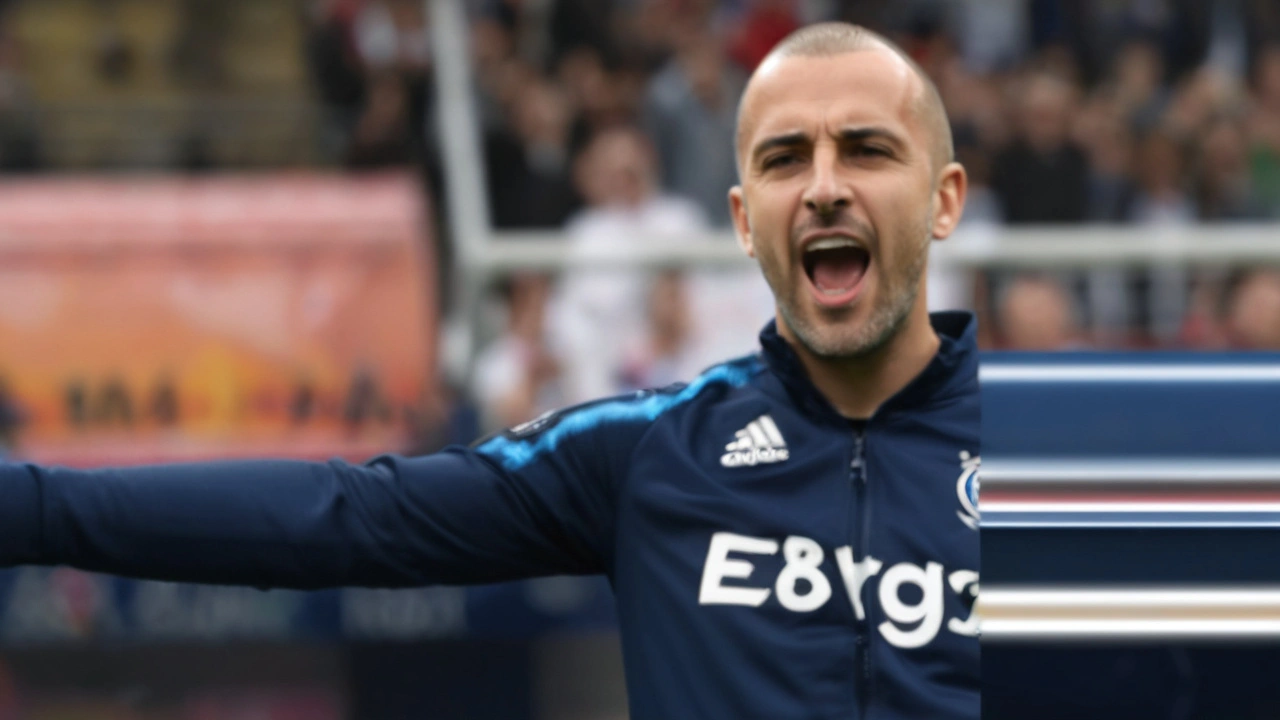
The Growing Discontent Among Supporters
The dissatisfaction among supporters is not surprising. Chelsea has historically prided itself on a blend of homegrown talent and big-name signings. The club’s academy has produced notable talents over the years, and Gallagher was a shining example of this legacy. Fans expected the new leadership to acknowledge and build upon this tradition, not dismantle it.
The departure of Conor Gallagher has also sparked debates about the club’s future under Boehly-Clearlake’s direction. If selling promising, homegrown talent becomes the norm to balance financial books, then the club risks losing its soul. The essence of Chelsea has always been its connection with its players and fans. Moves like these jeopardize that bond, creating an air of uncertainty and mistrust.
Possible Repercussions for Chelsea
In the aftermath of Gallagher’s sale, the club’s immediate task will be to manage the fallout. Rebuilding trust with their fan base will be crucial. The decision sets a concerning precedent that other young talents and even established players will surely take note of. Trust, once broken, is hard to mend, and Chelsea's management will need to take significant steps to show supporters that they are serious about the club's long-term vision and values.
Furthermore, this decision could have ripple effects beyond the immediate fan reaction. Chelsea is a globally recognized club with a vast international following. Dissonance in club management and fan discontent could impact the club’s brand value and marketability. Investors and sponsors, wary of public opinion, may start questioning the club’s stability and governance.
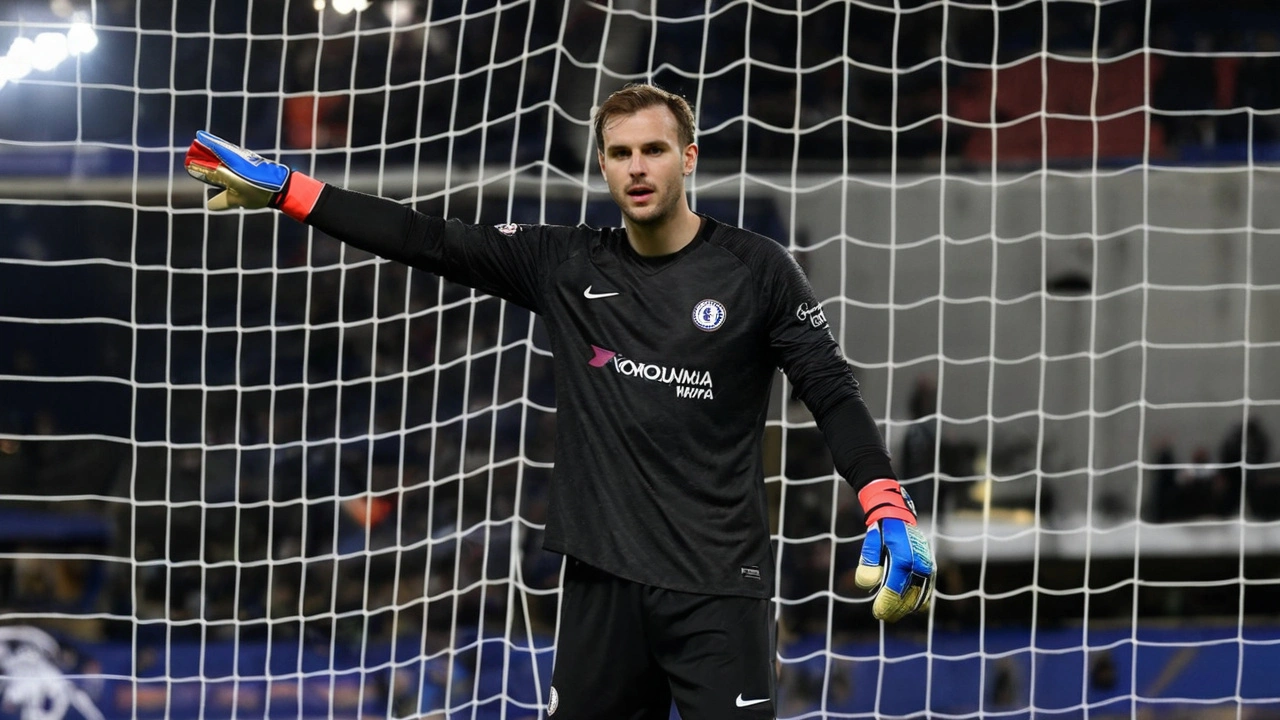
The Need for Strategic Long-Term Vision
Moving forward, Chelsea’s hierarchy needs to reflect on their recent decisions and adopt a more strategic long-term vision. The sale of a player like Conor Gallagher cannot become a recurring theme. Building a successful football club is as much about financial sustainability as it is about nurturing talent and maintaining a strong, cohesive team. Short-term gains should not overshadow the club’s long-term prospects.
The next seasons will be critical in determining whether the club can recover from these questionable choices. New signings need to be more than just marquee names; they must align with the club’s ethos and strategic goals. Equally, retaining and fostering homegrown talent must become a priority once again.
In conclusion, the sale of Conor Gallagher is seen by many as emblematic of Chelsea's current mismanagement under Todd Boehly and Clearlake Capital. While financial considerations are inevitable, they must be balanced with a commitment to the club's legacy and future. For Chelsea fans, Gallagher’s departure is more than just a transfer; it’s a somber reminder of the shifting priorities within their beloved club. It remains to be seen if the current leadership can steer the club back on course and regain the trust of its fervent supporters.

